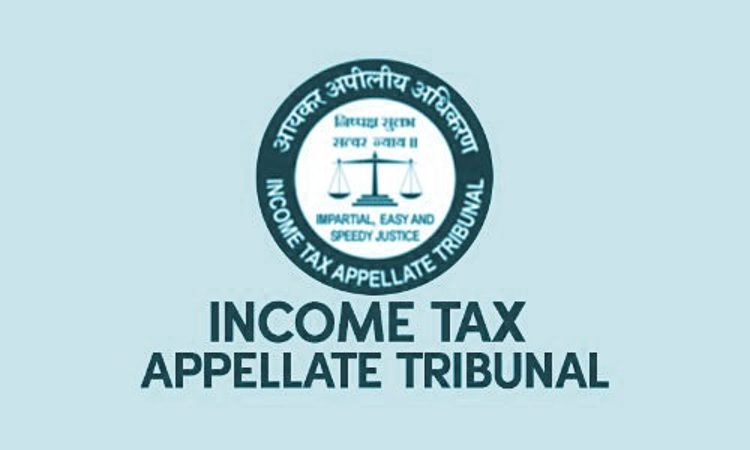The Banglore Bench of the Income Tax Appellate Tribunal (ITAT) headed by N.V. Vasudevan (Vice-President) and B.R. Baskaran (Accountant Member) has ruled that the capital gain exemption cannot be denied to the wife for the mere presence of the husband's name in the purchase document.The appellant/assessee is an individual, and she filed her return of income for the year...

